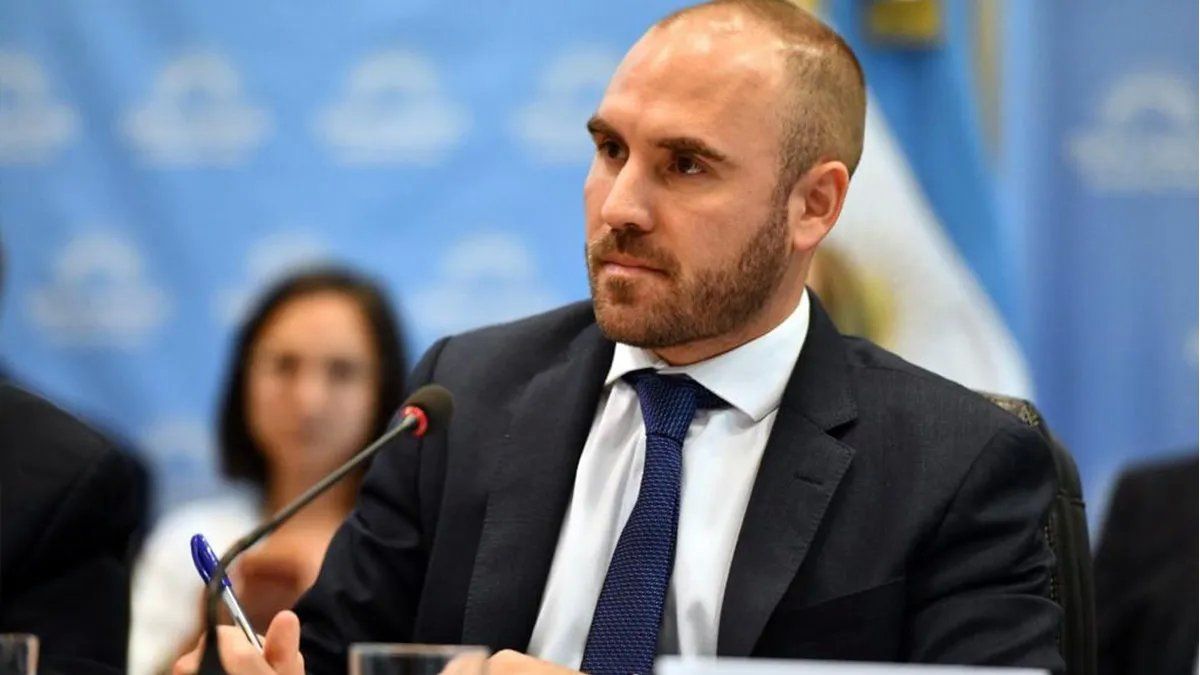According to an analysis by the consultancy Equilibrate, the term of placements in pesos that the Ministry of Economy makes to renew its debt and finance part of its expenses it fell from 503 average days in April to 314 in May. Last month was bad for CER-adjusted debt. There was an average fall of 6% of the titles and the amount. Mutual funds were almost completely withdrawn and traded at the lowest level in 18 months.
Neri Persichini, Head of Strategy at GMA Capital, told Ámbito that fears about placements in pesos today have two incentives: “One is that the Treasury can continue to place short CER bills (something it did not do in April) maturing in the first half of 2023, and secondly, the public participation is important (especially in TX bonds), so a part of the rollover would be insured”. “I understand that The uncertainty about the debt in local currency is no longer due to the power struggle of this Government, but rather due to what is thought and said to be done in the next administration”he highlighted.
The economist stressed that “with numbers with a positive image and confidence at a minimum, the economic debate of the opposition is more relevant than the internal tensions of the ruling party”. In this regard, he clarified that “for this reason, the precedent of August 2019 still weighs on a good part of the investors” and then pointed out that “This government will always be able to pay the debt in pesos with monetary issue or roll.” “But the problem is the resulting interest rate and exchange rate level, critical variables that impact inflation expectations and that will mark the post-election agenda in 2023,” he warned.
In this sense, as Persichini puts it, the market looks towards the economic teams of Cambiemos, which are supposed to be preparing a plan for the candidates of the opposition coalition. It is not clear to them whether the idea of ending exchange controls from one day to the next would arise again from that plan, or whether a gradual strategy would be adopted.
On the other hand, the administrator of Adcap funds states in its latest weekly report that May was negative for investments, not only because of the international context, but “because of doubts about whether the local debt is going to be paid or re-profiled.” The report says that CER bonds rose just 1.9% last month, after being the big winners among local assets, with an average return of 67% in the last 12 months, compared to 33% for bonds at a fixed rate (Botes) and 47% of those adjusted by Badlar.
ANDOn the other hand, Walter Morales, president of Wise Capital, assures that “there are no chances of a reprofiling.” From a technical point of view, he argues that the State’s indexed assets “grow at a higher rate than liabilities”, but with a more political perspective, he believes that if the country were to return to a scenario of postponing debt payments in pesos “The government would not have anyone to finance it.” ANDIn that sense, he even considers that if there were a change of political sign in the Government next year, it could favor the financial environment in which Guzmán would have to go out and look for money.
Source: Ambito
David William is a talented author who has made a name for himself in the world of writing. He is a professional author who writes on a wide range of topics, from general interest to opinion news. David is currently working as a writer at 24 hours worlds where he brings his unique perspective and in-depth research to his articles, making them both informative and engaging.




